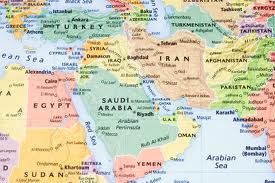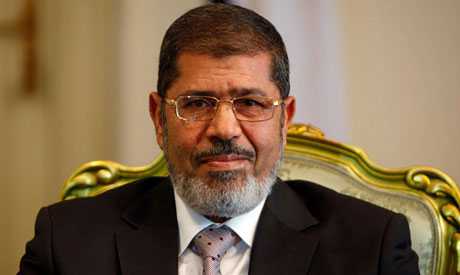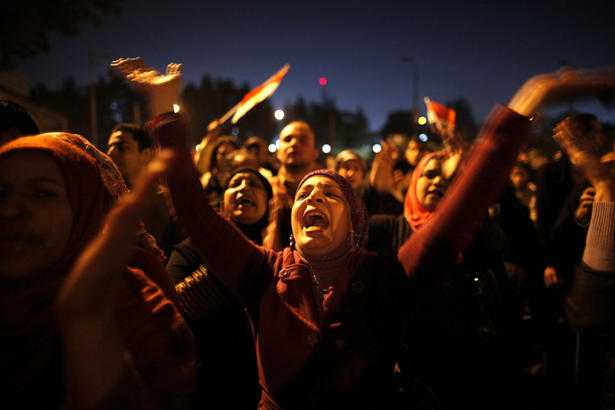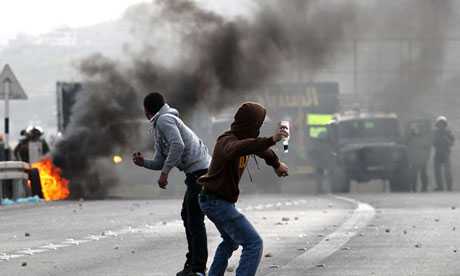Turkey and Egypt: Where is the Model?
Moushira KHATTAB
The Turkish system of government has often been nominated as a model for the Arab Spring countries, particularly by political Islamists. For the past decade, Turkey has been governed by the Islamic-rooted Justice and Development Party (AKP). However, the AKP describes itself as a conservative-democrat party that fully accepts Turkey’s secular system of government, which managed to carry the country from the brink of bankruptcy to a successful economy ranking 15th globally in terms of GDP.
Erdoğan was welcomed as a hero when he visited Egypt in early 2012, the first post-revolution visit by a head of government. He dropped a bombshell when he declared that he is in favor of a secular regime despite being a Muslim, much to the chagrin of Egyptian Islamists who have not yet developed their vision for the welfare and development of the Egyptian people.
Two years after the Egyptian awakening, ordinary citizens still do not appear to be a priority for the Muslim Brotherhood. Furthermore, the lack of a charismatic, unifying leader or a common national aspiration, such as Turkey’s EU ambitions, has left the country in unprecedented polarization.
Both countries bear witness to a similar struggle for equal rights for women. In Egypt’s case, the story is one of both success and frustration. Despite gradual advancements, women continue to be marginalized in both countries. Issues pertaining to women’s rights or empowerment were not a significant part of the debate in the run-up of Turkey’s 2011 parliamentary elections, just as they were widely disregarded in Egypt’s post revolution elections.
Political Islam is on the rise in the Middle East. Women in both Turkey and Egypt fear that their quest for equal rights will be derailed and their achieved rights threatened. Egyptian women were the first to get the taste of its impact. Two years into the Arab Spring, reality for women has been sobering.
The dynamics of the revolution have produced a very complex situation for women, as the rise of conservative political Islam puts the breaks on Arab women’s struggle for equal rights. Although they emerged as a formidable active voting bloc of nearly 23 million people, Egyptian women were systematically ignored by political parties and candidates, both Islamist and liberal, during the parliamentary and presidential elections. Women were also marginalized during the process of drafting the Constitution.
The post-revolution Islamist Constitution seriously threatens to relegate the status of women and widen the gap even more between Turkish and Egyptian women. Article 10 of this Constitution is the sole article that identifies women as a distinct group. However, it does not establish any rights for women. Furthermore, the state’s responsibility to guarantee equality between men and women was removed altogether.
On the other hand, Egypt’s post-revolution Constitution assigns a greater role for religion. “Principles” of Shariah remain the source of legislation. Article 219 interprets article two by effectively turning “principles” into the more restrictive “provisions,” which can vary according to the personal conviction of clerics who will have the final word over the laws that translate such broad terms. It gives a non-elected and non-judicial body authority over the legislature and democratically elected bodies.
The cause of women has been an issue since the outset of the revolutions and the “spring” has unfortunately turned into an autumn for women, or a spring without flowers. Two years into the Arab Spring, it is evident that Islamic conservatism limits women’s role in public life.
Egyptian women need to use their formidable voting power and political activism in order to maintain and build on their gains until they achieve their inalienable rights. Moreover, they will benefit if the ruling Islamists were guided by the Turkish example.
Will the Egyptian Islamists, who view Turkey as a model in economic development, consider Turkey a model in women’s rights? What’s more, will Turkey continue to be a model, or will the pressure toward more Islamization make Egypt’s Islamists the model, instead?
*Ambassador Moushira Khattab is the Former Egyptian Minister of Family and Population. This article was originally published in the Winter 2013 issue of Turkish Policy Quarterly (TPQ). This one is an abbreviated version of the piece.
via CONTRIBUTOR – Turkey and Egypt: Where is the Model?.





